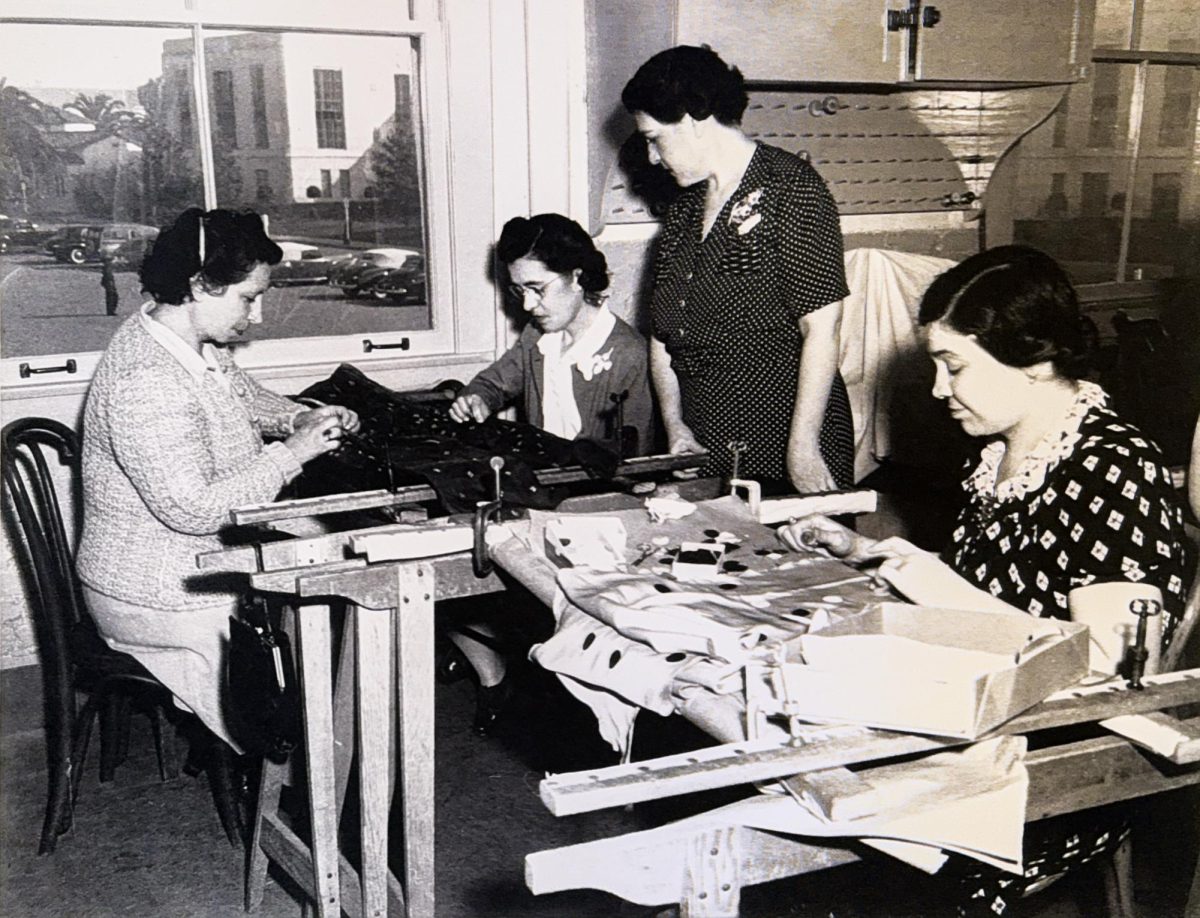 I love the outdoors. I always have, and I always will.
I love the outdoors. I always have, and I always will.
Growing up, I was outside whenever possible. I spent countless hours playing in the snow, reading in the sun, and swimming in algae-filled lakes. The first time I really felt that I belonged at my high school was during a school-wide snowball fight, and I still remember how cold and happy I was. Being outside is synonymous with being happy.
That’s only part of the reason that it saddens me and scares me that our environment is being destroyed around us, and we don’t have much power to change things.
It’s hard to watch, especially knowing that I am one person, and it’s going to take more than one person to fix things. There have been so many times that I’ve felt hopeless, and yet, I truly believe it is better to know what is going on. Collective voices and actions are more powerful than the individual, and we will miss out on that power if we constantly think that it’s somebody else’s problem, something for someone else to think about.
For example, when the Intergovernmental Panel on Climate Change (IPCC) warns that .5ºC could make all of the difference in the future of our planet, I want to pay attention, I want to see what it will take to avoid more devastation.
In October, the IPCC released a report stating that there is a large difference between a 1.5ºC (2.7ºF) average global temperature increase as opposed to a 2ºC (3.6ºF) increase, and that we have 12 years to change our society to lessen the damage of the drastic changes.
That small, extra .5ºC would result in a lack of drinkable water, half as many fish populations worldwide, and the destruction of 99 percent of coral reefs in the world. So many lives would be destroyed, so many more people would have to go hungry or thirsty, and this comes at a time where world hunger is already an extreme issue.
That’s hard to hear, and even harder to process, especially considering 71 percent of global emissions come from 100 companies. It seems like individual impacts don’t matter, which is why we need to take collective actions. We need to stop the impact of those who are creating such large carbon emissions, which will only happen if we band together.
A lot of discussion surrounding climate change and global warming occurs around individual differences we can make. Questions of the power of consumers and boycotting brands always arise, but it’s hard to believe that our choices can truly make a difference when looking at data like that.
With all this said, I don’t think that we should stop fighting. Maybe I’m overly optimistic or maybe I’m foolish, but I believe that change is possible. We have to hold others accountable. We can’t do this if we have the wool pulled over our eyes.
I want future generations to be able to share the experiences that I have had. I want everyone to be able to swim in lakes and have snowball fights, and that’s not going to happen if we stay silent as others kill the planet.
As an individual, there are several things that you can do to lessen your carbon footprint. Eat organic, avoid meat and dairy and try to carpool, bike or walk.
As a collective whole, we can protest, we can boycott companies (and actually have them notice), we can petition, we can do all of the same things we can do as individuals but have a very wide-scale impact. Nothing will get done if we don’t do it together.
Stay informed, read the news, listen to scientists. Vote. Tomorrow is the midterm election, and please, vote. If you didn’t register for this election, register for the next one. You can register online. You don’t even have to leave your house.
It’s in our best interest to pay attention to what corporations are doing, and it’s in our best interest to pay attention to what officials are saying. We cannot simply leave this problem for the next generations.











